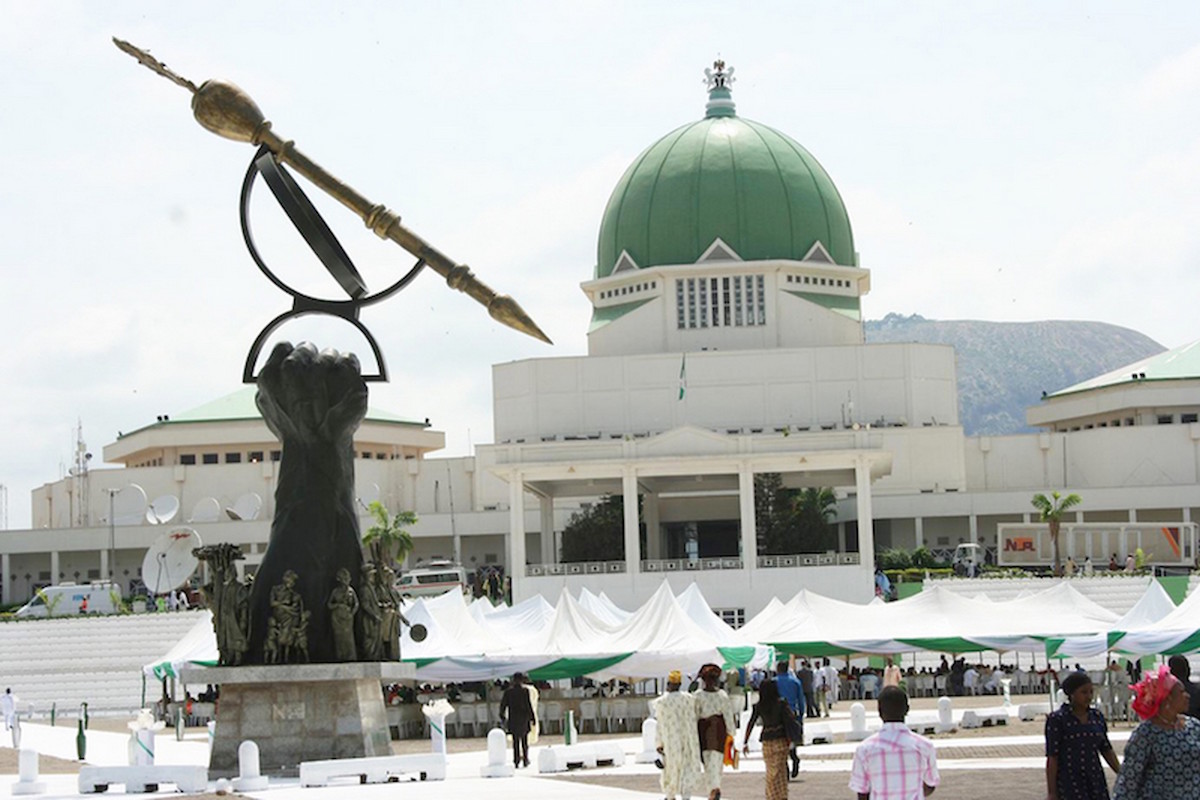It is impossible for an anti-graft war that has lasted for nearly two generations not to have shaped or reshaped positively or negatively the Nigerian society. As noted in the first part of this piece, most of this generation of Nigerians have known nothing else but the anti-graft war waged by successive federal administrations. They have seen the country numbered among the most corrupt in the world. That is a huge irony. It is not in the nature of human societies that when you take on evil, it begets greater evil. Something must have gone wrong, and badly so.
Indeed, so. At least two things have not happened in the prosecution of the anti-graft war. One, the war has not been won. This is a huge disappointment. It means that our country has remained more or less the same pre-January 15, 1966. If the majors were to resurrect, they would be sorely disappointed that the country has progressed beyond the ten per centers to much, much higher per centages.
Two, because the war has not been won, corruption has become bigger and more complex and more complicated than the creaming off of ten per cent from contract sums. The green national passport is detested as the badge of a corrupt nation, even if Nigeria still carries the candle for other nations that survive as members of the league of the corrupt.
All internal wars have both base and lofty objectives. The base object may be linked to wealth and influence and the deployment of same to secure personal or group interests by suppressing other individuals and groups. The lofty objective may be the desire to transform a society into a better and an egalitarian one.
- Silent crisis: Exposing gender-based violence among internally-displaced women and girls
- The scent of South Africa 2013 in Cote d’ Ivoire
The objective of the anti-graft a war was never articulated; nor the rule of engagement defined. What flows from these is that the war began as an expression of sentiments over what had gone wrong with the country under the civilians after its independence from British colonial rule. Agbada became the enemy of the khaki uniform.
Still, it should not be difficult for us to appreciate that the anti-graft war was intended primarily to be transformative. It was anchored on the hope that if the nation got rid of the ten per centers, it would place the Nigerian society on the path to building a clean and humane society that is fair and just to everyone; a society in which the sons and the daughters of peasant farmers and truck pushers and night soil men have a fair chance to compete with the privileged sons and daughters of the shakers and movers of the society. So far, this has not happened. It is part of the frustration with the war. But it has left telling effects on our country and its citizens.
The lack of rule of engagement meant that corruption was, and is still, defined in a rather limited sense as the theft of public funds. The obvious error here is that corruption is not the evil act but the consequence of an evil act. There is no law against corruption. We have a plethora of laws against theft. Corruption grows out of theft. Where this becomes egregious, corruption turns into a rogue that cannot be chained.
Corruption is much bigger than the cynical theft of public funds. It encompasses the misuse of public offices in a manner that polarizes the society into those who are entitled and those who denied their entitlements and fair opportunities as citizens. A serious anti-graft war is a moral crusade against whatever is wrong with the society.
There is nothing worse than the corruption of public morals and the arrant denigration of honesty as a weakness. But 58 years of our anti-graft war ignored this larger challenge. For 58 years, the anti-graft war has been concentrated on the consequence of evil acts rather than the evil acts. Perhaps, this is why the war cannot be won. The occasional parade of former public officers with palm oil dripping from their hands is not a celebration of success but the hunger for public applause.
So, how has the anti-graft war shaped or reshaped our nation for 58 years? I do not pretend to have the answer to this very important question but there are several pointers that do not give room for cheer. For lack of space, we can take only a few.
The first error was to cast the anti-graft as a war between the dirty politicians and the clean khaki men. The latter were thought to be above the failings of the civilian leaders. This thinking unsupported by empirical evidence birthed the messiah syndrome. Ambitious military men thirsting for political power who toppled civilian or even military regimes were always hailed as the savours of the nation. Instead of our waging a comprehensive war that took into consideration the fact that the colour of one’s clothing has nothing to do with personal ambitions, we waged a war that excused politicians in uniform but vilified politicians in baban riga.
The zeal of successive federal administrations to chain the corruption has resulted in unintended consequences of a war fought without clearly defined rules of engagement. It continues to be sentimental with sentimental punishment to match. One obvious evidence of this is the instability in our public services at federal and sub-national levels. Instability of tenure has fuelled corruption since the late General Murtala Muhammed purged the public services without regard to the rules guiding employment in the civil services of the federation.
Fifty-eight years of the anti-graft war has increasingly left the nation in a lurch. It has reshaped our nation in a manner that invites nail-biting and shame. It has not transformed our nation positively. The opposite is the truth. It would be unfair to sweet coat the fact that the war has failed to be transformative. It has been fought with clear ambivalence in which camels saunter through the eyes of the needle while the sheep is trapped in the eyes of the needle. Demographic inequalities determine how the war is waged.
Men and women go into public offices poor and leave them stupendously wealthy. No questions asked. Some sins are excused, and others are punished because of who and what people are. All our institutions have been poisoned and thus badly weakened and cannot function as the pillars of democracy. If the anti-graft war had succeeded none of these would have happened. But here we are. The politicians caused the military to wage the anti-graft war.
Fifty-eight years later, the anti-graft war bends to the will of corruption under military and civilian regimes. That this nation has not emerged triumphant over corruption in 58 years is a tribute to the resilience of corruption and our collective weaknesses as a nation and as a people. The corrupt luxuriate and the honest shrivel. No nation has fought corruption harder, but none has lost both the war and the battle against corruption so badly. (Concluded)

 Join Daily Trust WhatsApp Community For Quick Access To News and Happenings Around You.
Join Daily Trust WhatsApp Community For Quick Access To News and Happenings Around You.


